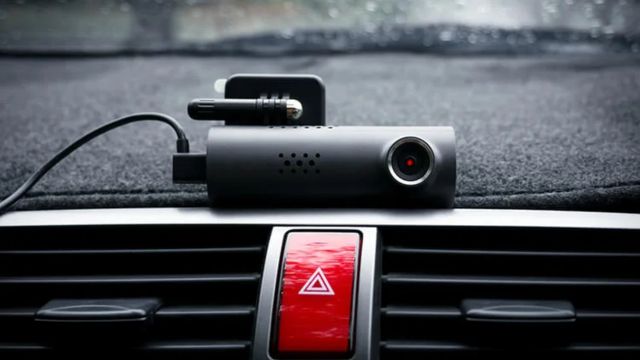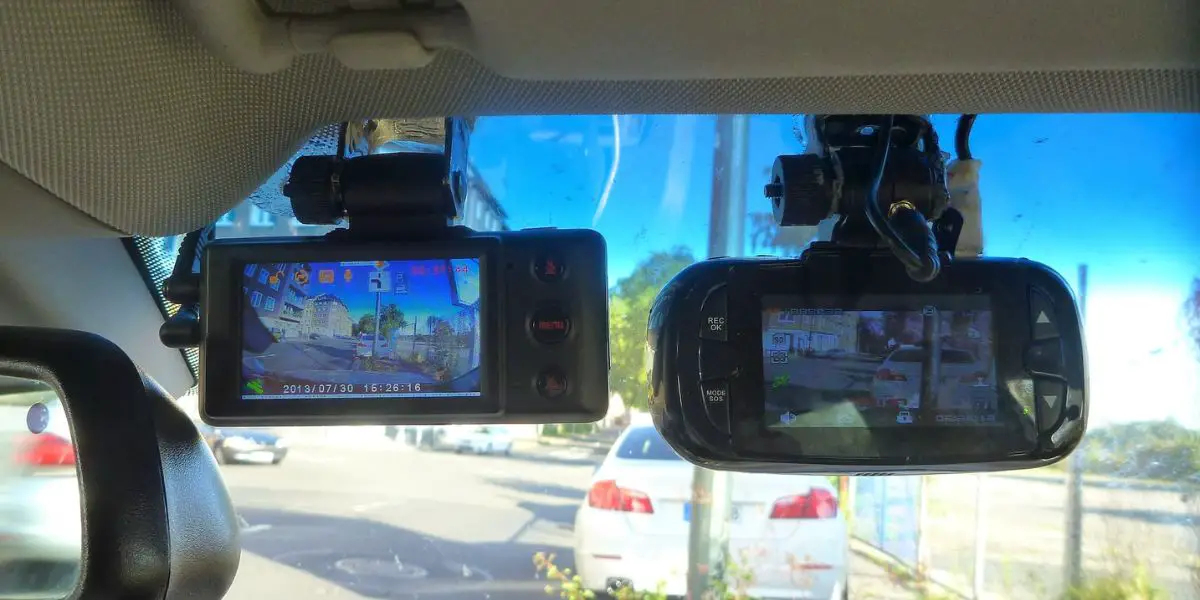Dash cameras, or dash cams, have become increasingly popular among drivers in Chicago and across the United States. These devices, which record video footage from the vehicle’s front, and sometimes rear and interior, provide drivers with an extra layer of protection and documentation during accidents, traffic disputes, or unforeseen incidents.
However, as with any technology, it’s important to understand the legal implications of using dash cams in your vehicle.
In Chicago, there are specific laws and regulations that govern the use of these devices, from privacy concerns to traffic laws. This article will break down what you need to know about dash cam laws in Chicago.
1. Are Dash Cams Legal in Chicago?
The simple answer is yes, dash cams are legal to use in Chicago, as well as in the state of Illinois. There are no state laws specifically banning or regulating dash cameras for personal use in vehicles. In fact, dash cams are legal in most states across the country, with some exceptions or additional rules based on how they are used (such as laws related to privacy or obstruction).
As a result, Chicago residents are free to install and use dash cams in their vehicles without fear of legal repercussions, as long as the devices adhere to certain guidelines. That said, while it’s legal to use a dash cam, there are important considerations regarding how they are mounted and the content they capture.
2. Mounting the Dash Cam
One of the most important considerations when installing a dash cam in your vehicle is the way it is mounted. In Chicago, as in Illinois generally, you need to ensure that your dash cam does not obstruct your view of the road. According to Illinois Vehicle Code Section 625 ILCS 5/12-503, a driver must not have objects placed on the windshield in a way that obstructs the driver’s clear view of the road, particularly the area covered by the driver’s side window.
Dash cams are typically mounted to the windshield, often near the rearview mirror, to ensure that they capture a wide view of the road. However, you should avoid positioning the device in a way that blocks your line of sight or interferes with your ability to see pedestrians, other vehicles, or road signs. If a dash cam obstructs your vision in any way, you could be pulled over and fined for violating this obstruction law.
3. Recording Audio: Be Mindful of Privacy Laws

While it’s legal to record video with a dash cam, things get a bit more complicated when it comes to recording audio. Illinois is a two-party consent state when it comes to recording conversations. This means that you cannot record private conversations without the consent of all parties involved.
In the case of a dash cam, if the camera records audio while capturing video footage inside your vehicle, you could unintentionally capture conversations with passengers or interactions with law enforcement, which might be subject to privacy concerns.
If you plan to use your dash cam to record audio, it’s important to ensure that you are not violating anyone’s privacy rights. To avoid potential legal issues, many people disable the audio recording function of their dash cams, as it’s less likely to cause privacy concerns.
If you do choose to record audio, make sure to inform anyone who might be in the car that their conversations are being recorded. This is especially important in situations involving law enforcement officers or other people who may not be aware that they are being recorded.
4. Dash Cam Footage and Law Enforcement
Dash cam footage can be a powerful tool in the event of a traffic dispute, accident, or even a traffic stop. In Chicago, as in other parts of Illinois, if you are involved in an accident or stopped by law enforcement, you can use the footage from your dash cam as evidence. However, it’s important to understand the proper procedure for using dash cam footage as evidence.
12 Bizarre Oregon Laws You Had No Idea Were Real
In cases of accidents or legal disputes, police officers or insurance companies may request access to the footage. If the footage supports your version of events, it could help resolve the situation in your favor. However, law enforcement or insurance companies cannot simply take your dash cam footage without your consent. If you wish to submit your footage as evidence, you would need to provide it voluntarily or through a legal process, such as a subpoena.
Additionally, if you are recording interactions with law enforcement officers, keep in mind that Illinois has laws in place regarding the recording of police officers in public spaces. According to the Illinois Eavesdropping Act, you can record audio and video of public officials, including police officers, as long as you are in a public space and do not interfere with their duties. However, you should be cautious not to invade the officer’s privacy or obstruct their ability to perform their job.
5. Insurance Benefits of Dash Cam Use
While dash cams are primarily used for safety and documentation purposes, they can also be beneficial in insurance claims. Many car insurance companies offer discounts to drivers who use dash cams, as the footage can help provide clarity in the event of an accident or dispute. Dash cam footage can help establish fault, verify the facts of an incident, and provide evidence to support your insurance claim.
If you are involved in an accident, having clear, objective video footage from your dash cam can help expedite the claims process, resolve disputes, and ensure that you are not held liable for damages or injuries that were not your fault. Keep in mind that not all insurance companies offer discounts for dash cams, so it’s worth checking with your provider to see if it’s an option.
6. Things to Consider When Using a Dash Cam in Chicago
12 Strange (But True) Laws That Only Exist in Indiana
While using a dash cam in Chicago is legal, there are a few things to keep in mind:
- Obstruction: Ensure the dash cam is mounted in a location that does not obstruct your view of the road.
- Privacy: Be aware of privacy concerns when recording audio, especially in your vehicle with other passengers or interactions with law enforcement.
- Legal Use of Footage: Understand when and how you can use dash cam footage, especially in situations involving law enforcement or legal disputes.
- Insurance Discounts: Check with your insurance company to see if using a dash cam could help lower your rates or provide other benefits.
Conclusion
In Chicago, dash cams are legal to use in your vehicle, but it’s essential to follow the regulations and guidelines set forth by state and local laws.
From ensuring that your dash cam does not obstruct your view to being mindful of privacy concerns when recording audio, there are a few important things to keep in mind to ensure that you are in full compliance with the law.
When used responsibly, dash cams can provide valuable evidence in accidents, traffic disputes, and interactions with law enforcement, offering an added layer of protection for drivers on the road.




